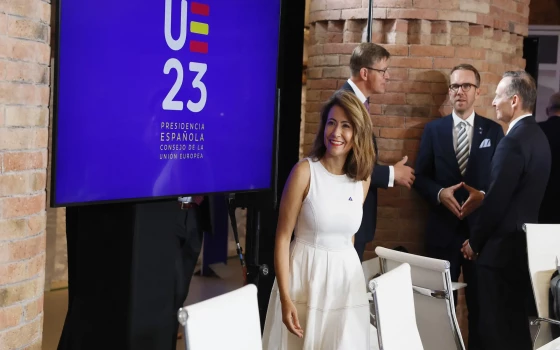
The European Union: The signing at a ministerial meeting of the “Barcelona Declaration” is a commitment to easy and low-cost mobility to enhance social and regional cohesion.

- Europe and Arabs
- Saturday , 23 September 2023 14:38 PM GMT
Barcelona-Brussels: Europe and the Arabs
EU transport ministers concluded the informal ministerial meeting on transport held in Barcelona by signing the Barcelona Declaration, a commitment to accessible, affordable and equitable mobility to promote social and regional cohesion. According to what was stated in a European statement distributed in Brussels on Friday evening, and we received a copy of it via e-mail
It also stated: “For the Spanish Presidency of the Council of the European Union, mobility is a priority issue.” “Mobility is a right that must be exercised under equal conditions, regardless of whether we live in a city or a small town, whether our income level is high or low, and whether We have physical restrictions or not, or if we have a private car,” the statement quoted Acting Minister of Transport, Mobility and Urban Agenda, Raquel Sánchez, who chaired the meeting.
The informal meeting was attended by about twenty EU ministers and officials from the European Free Trade Association (EFTA) countries, as well as the European Commissioner for Transport, Adina Valian.
Citizen-centered advertisement
The document, titled “Mobility for People: Strengthening Social and Regional Cohesion”, aims to consolidate the path already started by the European Commission through the European Green Deal and the Sustainable and Smart Mobility Strategy to achieve effective connectivity across the EU, both in urban and urban areas. urban areas. And areas with low population density or areas with geographical difficulty.
Adapting mobility to regional conditions
Rural and cross-border mobility is a key point of the Declaration which advocates as a priority the promotion of an integrated and accessible network. To this end, it is necessary to adapt mobility solutions to the specific characteristics of each context, always with the participation of its residents in the design and implementation of new policies.
Areas at risk of population migration, especially in rural areas, were part of today's discussions.
The Ministers asked the European Commission to find ways to use transport and mobility as tools for social and territorial cohesion, taking into account the challenges facing urban, rural, island, oceanic and mountain areas, especially cross-border and sparsely populated areas. “We all realize that it is necessary to make decisive progress,” the acting minister stressed.
"Good, diverse mobility brings prosperity to countries and regions. On the other hand, the lack of infrastructure or transport options has a negative impact on our business," said the EU Transport Commissioner.
The role of women, inclusion and safety
The Barcelona Declaration also addresses transport safety, specifically road safety, with new measures to ensure it.
It also discusses the role of women in this sector and stresses the importance of incorporating a gender and equality perspective into the design of transport and mobility policies.
It also insists on the importance of alleviating poverty in the European Union territory that affects inequality in the use of transport.
To meet the needs of persons with disabilities and those with limited mobility, as well as investing in infrastructure that protects the most vulnerable groups, especially cyclists, pedestrians and motorcyclists on European Union roads.
“We have to guarantee this right, but also reduce the environmental impact of exercising it, hence our ambition to achieve more efficient and intelligent transport, promoting less polluting means of transport and promoting multimodality and electrification,” said Raquel Sánchez.


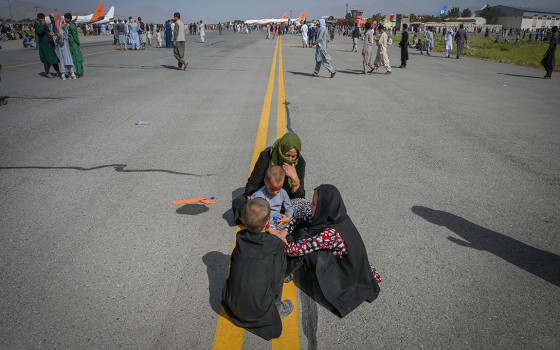
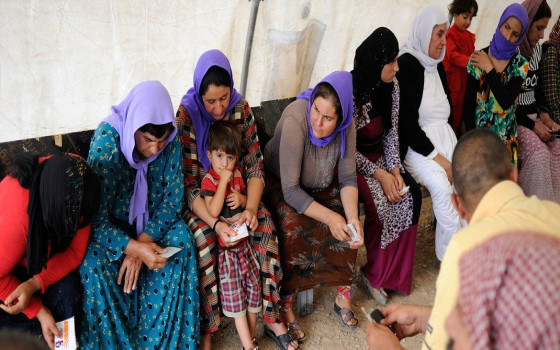
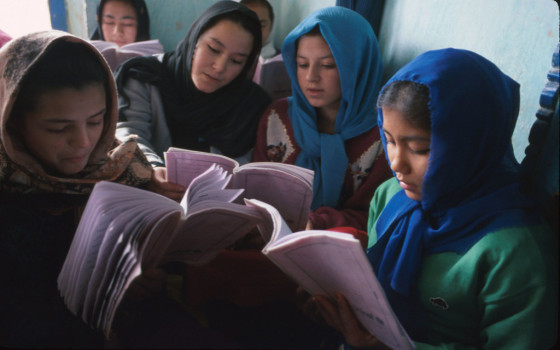
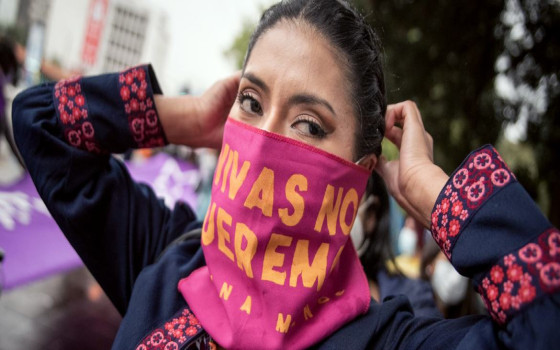
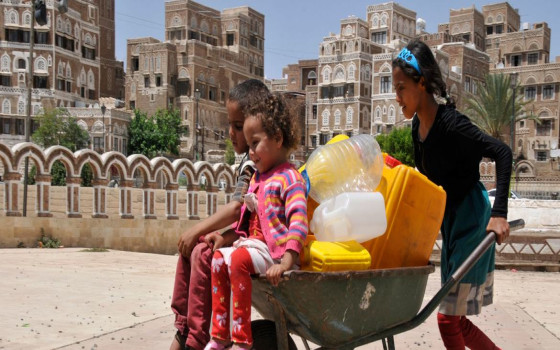
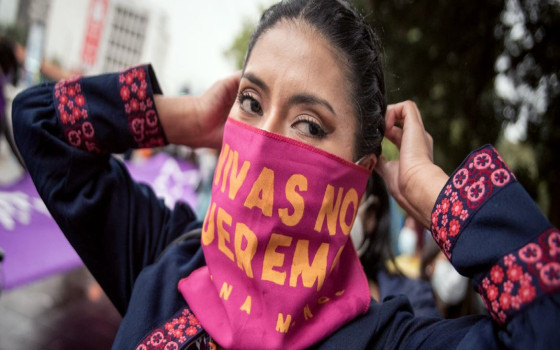
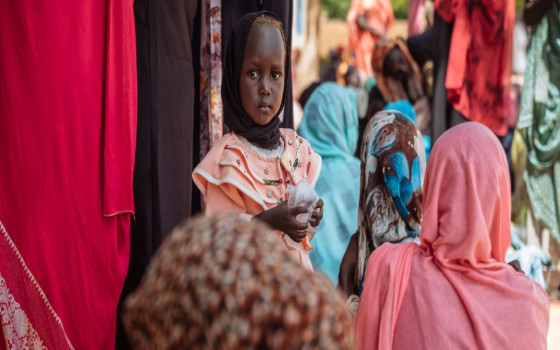
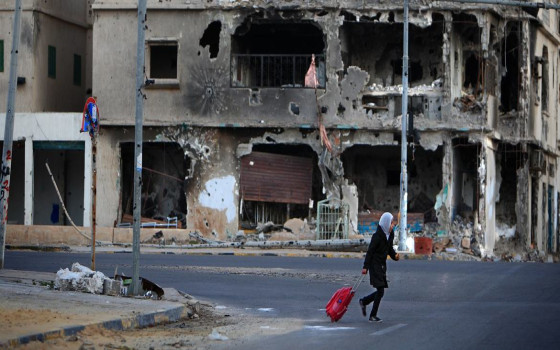
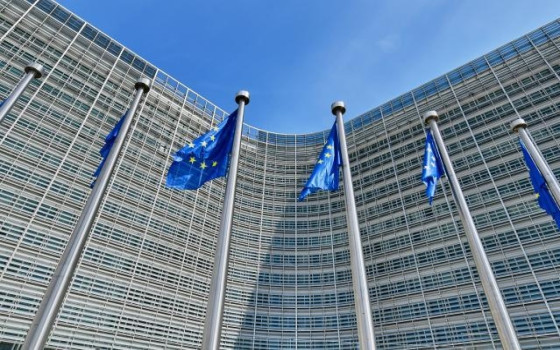
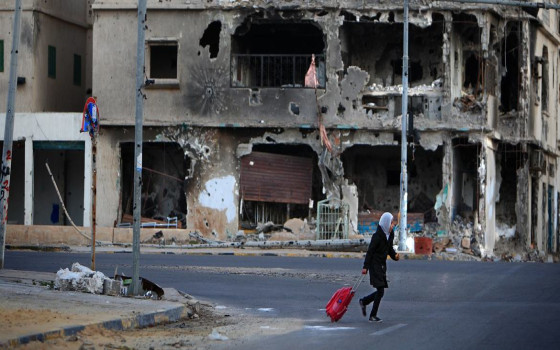
No Comments Found